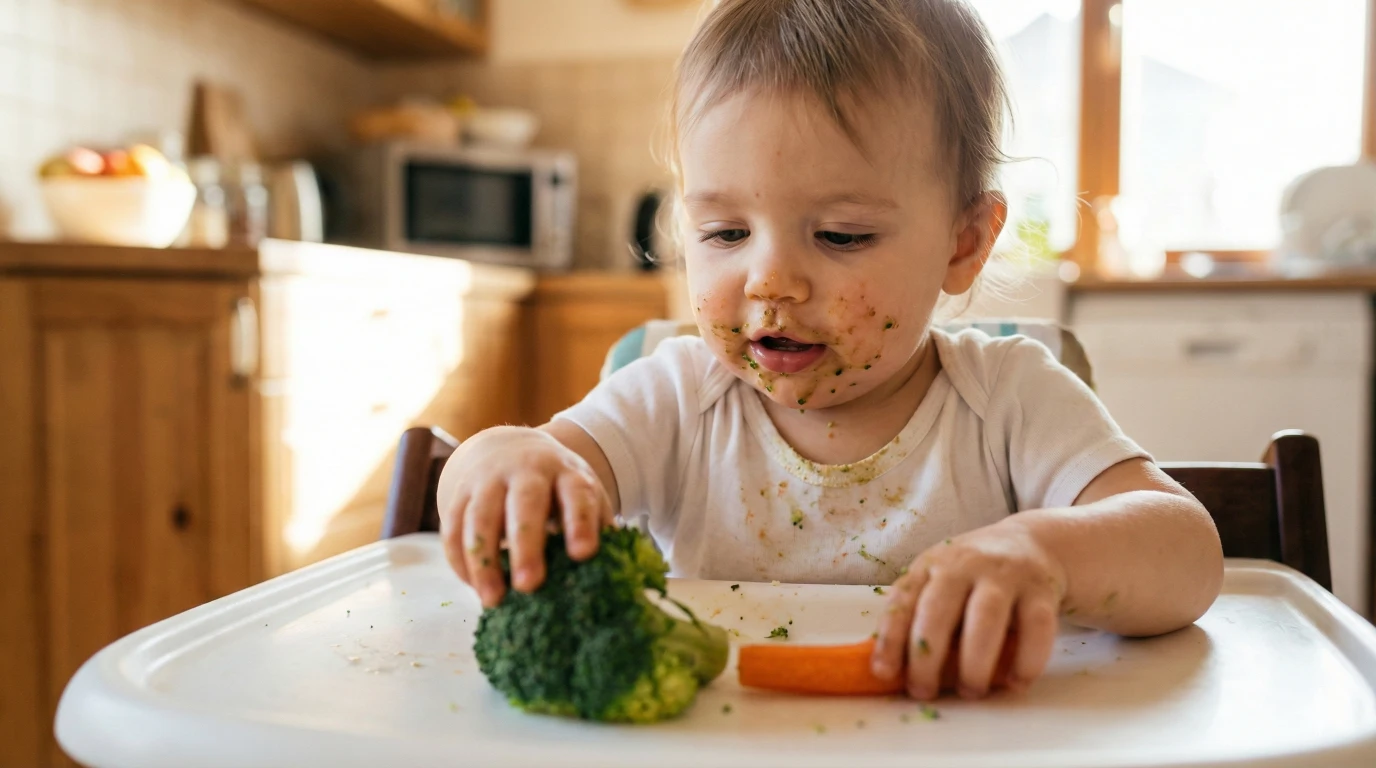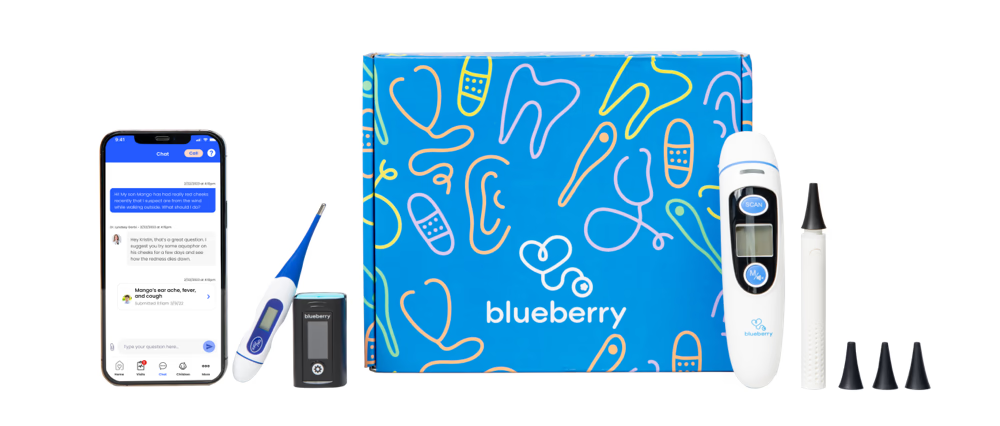Headaches are one of the most common medical complaints in children and teenagers. Although most headaches are nothing to worry about, they are unpleasant and they can inhibit your child from going about his or her daily life.
Four easy things you can do to help your child feel better:
- Get them to drink lots of water. A friend of mine used to say "All headaches are dehydration until proven otherwise" - don't take this literally, but having your child drink a lot of fluids is almost always the right first step.
- Give your child acetaminophen (Tylenol) or Ibuprofen (Advil/Motrin). Just be sure to never give your child aspirin, because it can cause a very serious illness called Reye Syndrome.
- Have your child rest in a dark, quiet room.
- Reassure that it will pass in time (though we know this may be hard to do for your child and for you).

Drink up! Having your child drink fluids should almost always be your first step.
What Causes a Headache?
It may be hard to pin down the exact cause of a headache, but it can be related to simple factors are effect us daily and are easy to fix. Some of the most common headache triggers are:
- Not sleeping enough.
- Not drinking enough water.
- Not eating enough.
- Stress.
- Being sick - e.g. a cold or flu can bring on a headache.
How do I know if it's something worse?
Although it's rare, sometimes headaches can be caused by something more serious. If you child has any of these, you should see or speak to a doctor about it.
Six things to look out for:
- A headache that starts after your child fell or hit his or her head.
- A stiffness of the neck - this can indicate meningitis, and means you should go to the emergency room right away.
- A severe headache accompanied by vomiting or changes in vision.
- A severe headache accompanied by confusion or a change in how your child walks or balances.
- A headache at an age younger than 3 years old.
- Frequent headaches. If you find that your child is having headaches multiple times per month, speak with your doctor about it. It may also be helpful to keep a journal of when your child is getting these headaches and share it with your doctor.

What is a Migraine?
A migraine headache is one of the most common types of headaches. They often affect one specific part of the head, and are usually more severe in pain. Your child also might feel nauseous or vomit with migraines, and may be extra sensitive to light and sound.







.svg)






.svg)
.svg)